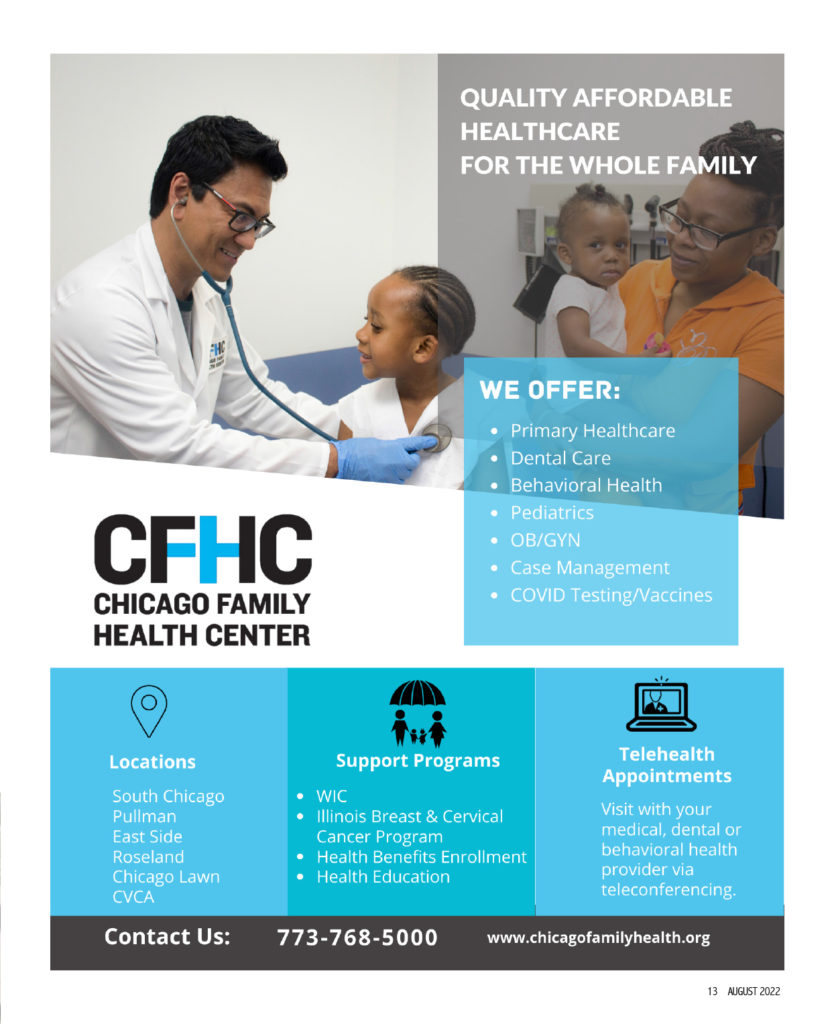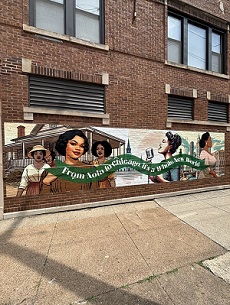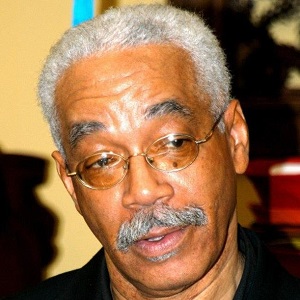With an MBA in Health Administration, and an amazing track record of thirty years in healthcare, Sherry Pace brings her stellar qualifications to the medically underserved South Shore area as CEO of the Chicago Family Health Center. Ms. Pace has been serving in an executive level position for FQHC (Federally Qualified Health Centers) for six years and currently oversees the six Chicago Family Health Centers, all of which are on the South Side of Chicago. Ms. Pace will bring the seventh Chicago Family Health Center to South Shore as she partners with DL3 Developers and Revere Properties in the Thrive Exchange initiative.
The Chicago Family Health Center will be housed in South Shore’s historic Ringer Building at 79th and Exchange Avenue. It’s interesting to note that Charles Ringer, the real estate developer who built that structure in 1928, like the partners of the current initiative, was considered an important figure in South Shore development.
The Chicago Family Health Center will bring in 40 to 50 jobs to the area. “We hire from the community, and many of these jobs are professional, such as doctors, nurses and administrators,” she emphasized. “Having more community residents employed in good-paying jobs, as well as the development of the retail space and the home space will lead folks to be proud of their community,” she stated, “It is their home and they’re making sure that things are safe, not only in their space, but also for the entire community.”
Besides having a safe community, it’s also important to have a healthy community and the South Shore Community, like many Chicago communities on the South and West Side is considered a medically underserved area. Ms. Pace explained that in areas like South Shore, where there is a lack of services for healthcare, residents typically end up using the emergency room as a provider for episodic care as opposed to having an ongoing relationship with a primary care provider. She explains that, “Oftentimes they haven’t established a relationship with a provider because they’re only going to the emergency room or the urgent care when they’re feeling bad instead of building a relationship with a primary care physician who knows them and is working with them on any medication management issues they might have. In other words, making sure they stay in wellness as opposed to just managing a sickness.”
The Chicago Family Health Center has been an FQHC
since 1977 and has been on the South Side of Chicago for
35 years.
The Chicago Family Health Center of South Shore will offer comprehensive services, including preventive health services, dental services, and transportation services necessary for adequate patient care and insurance negotiation.
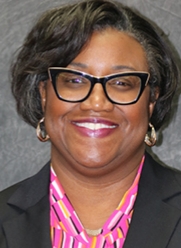
The Center’s services will also give South Shore residents
the opportunity to have continuing care through a primary
health physician, which includes family medicine, internal
medicine, pediatrics, and OB-GYN services.
In addition to all of the above, the Chicago Family Health
Center is a full-service WIC provider for the City. Besides
health services, they also helps patients with social
determinants that can adversely affect health care. “When
people are concerned about not having gas or electricity,
they’re not going to make it to the doctor,” she explains,
“and if they don’t have transportation, they will be much
less likely to make that trip to see a provider.” These barriers
to regular and continuous healthcare are reasons why
conditions can become chronic. Ms. Pace says, “If they’re
able to get those barriers out of the way, they’re then able
to keep up with their health care and hopefully a health
care plan, so if there’s someone with high blood pressure
and you’re seeing your provider regularly and you have
access to insurance and access to transportation,
you’re likely to see that your condition won’t progress
to the point where you have a heart attack or a chronic
heart condition.”
The Center takes all insurance carriers and in addition
helps patients who might not be eligible for Medicare
or Medicaid find affordable insurance that meets their
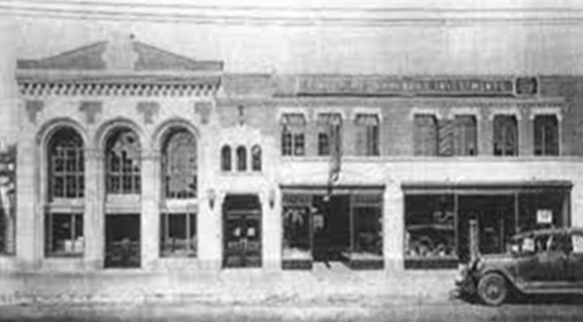
It’s interesting to note that Charles Ringer, the real estate developer who built that structure in 1928, like the partners of the current initiative, was considered an important figure in South Shore development.
needs. Integrating behavioral health services, as well as emotional health services with physical health makes sure the provider team is really focusing on the whole patient.
Ms. Pace emphasizes that the Chicago Family Health Center, as well as all of the other improvements and amenities that will come to the community because of Thrive Exchange, will definitely have a positive impact on the crime rate in the community. “When you have jobs and you have people working in the community moving into the community and you have people taking care of their homes and investing into their homes and their lifestyles, you always have a decrease in crime,” She explains.
The marketing campaign and efforts and outreach once the center is open will include not only traditional advertising but outreach in the community through the community health worker team and the center’s marketing team. “We’ll make sure that everyone in the community knows who we are , why we’re there and what services we offer,” she stated.
Through the Chicago Family Health Center, Thrive Exchange is not only revitalizing South Shore, but this ground-breaking initiative will also revitalize the health of the South Shore community.
